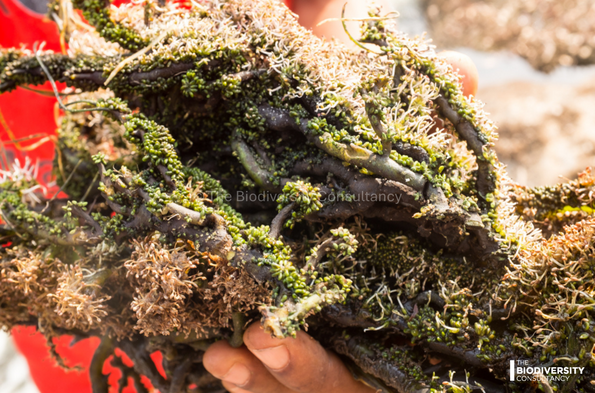IFC PS6 alignment to secure lender funding for a hydropower project in Sierra Leone
Vision Statement
Joule Africa develops, owns, and operates sustainable power projects across Africa. The company works with stakeholders and host governments to deliver infrastructure projects that aim to create long-term value. Each project is designed to align with regional social and economic development goals.
To align with environmental and social commitments, its projects undergo Environmental & Social Impact Assessments (ESIAs), following World Bank policies, IFC Standards, and the Equator Principles.
Project Purpose: development of PS6 aligned documentation to secure lender funding for a hydropower project
Joule Africa sought lender funding for the Bumbuna II project. To meet lender requirements, the company had to demonstrate to potential investors how the project aligned with the International Financial Corporation performance standard (IFC PS6), and industry good practice. Located in Sierra Leone and managed under Joule Africa’s subsidiary, Seli Hydropower, the project aimed to expand the existing Bumbuna I infrastructure by adding 84 MW. It also included the construction of a new upstream dam and reservoir, increasing capacity by an additional 55 MW and creating a storage reservoir to ensure reliable, year-round power production. This project was integral to Joule Africa's vision of driving sustainable development through scalable, clean energy solutions that foster economic growth and expanded energy access across Africa.
Challenge: project in an area with significant risks to species and habitats
The development of the project presented both social and environmental risks.
From a biodiversity standpoint, the project landscape was home to critical terrestrial and aquatic habitats, including gallery and hillslope forests, as well as freshwater ecosystems. It also posed risks to species that triggered critical habitat designation, such as the Western Chimpanzee, endemic fish species (Enteromius cf. aff. trispilos and Chiloglanis sp. A), the amphibian Ptychadena cf. submascareniensis, and the endemic aquatic plant Ledermaniella yiben.
These biodiversity risks challenged the project's ability to secure funding. As a result, Joule Africa required support from The Biodiversity Consultancy to conduct comprehensive biodiversity surveys and design mitigation measures to support alignment with IFC PS6 and increase the likelihood of securing lender support.
Approach: field surveys and stakeholder engagement to develop a biodiversity strategy and offset strategy
To assess and address the biodiversity risks of the Bumbuna II project, our consultants conducted comprehensive field surveys to inform the development of effective mitigation and monitoring strategies that align with PS6 requirements. The process began with risk screening and gap assessment, followed by extensive field surveys and GIS mapping to identify the distribution of endemic species and natural habitats.
Based on this data and the Environmental and Social Impact Assessment (ESIA),a biodiversity strategy was developed. With further studies and stakeholder engagement, a residual impact assessment was completed and offset pre-feasibility studies resulting in the creation of an offset strategy to address remaining impacts, ensuring the project’s alignment with biodiversity objectives.
Outcome: A suite of PS6 aligned documents, including a biodiversity action plan
The process resulted in the development of all the biodiversity related documents that lenders require for the Bumbuna II Hydropower Project, including the Biodiversity Action Plan (BAP), which outlines the project’s mitigation strategy in detail. This plan was shaped through extensive stakeholder consultations, and the integration of regulatory, scientific, and conservation perspectives, ensuring compliance with international good practices. Key contributions came from government agencies, NGOs, and experts from Njala University and Kew Gardens, culminating in a robust framework to demonstrate how the project will achieve its biodiversity objectives, strengthening the case for securing lender support.
Make Nature Your Business
International Lenders Requirements
Receive biodiversity advice, technical support, and capacity building to ensure alignment with a wide range of international lender's standards


